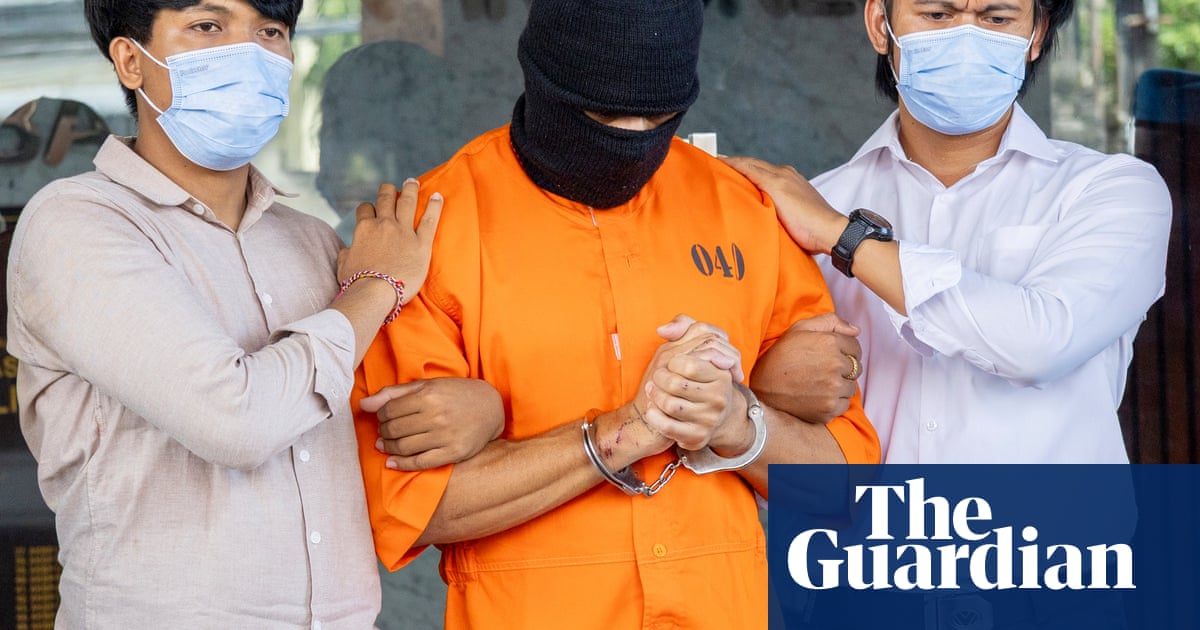Authorities are providing consular assistance in Bali to an Australian man accused of trying to smuggle drugs into the Indonesian tourist island.
The 43-year-old from Sydney was arrested on Thursday after police raided his rented house near Kuta Beach.
Authorities seized 1.7kg of cocaine along with a digital scale and mobile phone, said Bali’s police chief, Daniel Adityajaya.
The arrest followed an investigation conducted by Bali police anti-drug surveillance teams who reported the man had received two suspicious packages sent by mail from the UK, Adityajaya said.
Sign up for Guardian Australia’s breaking news email
“He is suspected of importing or distributing class 1 narcotics,” Adityaja told a news conference in Denpasar on Monday.
“He is threatened with the death penalty or life imprisonment.”
The accused man was paraded at the news conference wearing handcuffs, an orange jumpsuit and a black balaclava covering his face. The man did not make a statement.
The Department of Foreign Affairs and Trade confirmed it was providing consular assistance to an Australian detained in Bali.
“Owing to our privacy obligations we are unable to provide further comment,” a spokesperson said.
Indonesian authorities allege the man had ordered a motorcycle taxi driver through the Grab online service on 21 May, to pick up two packages at a post office in Denpasar.
The driver was told to hand the two packages to a motorcycle taxi driver from another online service, who was ordered to deliver them to the Australian’s rented house, Adityajaya said.
Indonesia has some of the world’s strictest drug laws.
Sign up toBreaking News Australia
Get the most important news as it breaks
after newsletter promotion
The ringleader s of the so-calledBali Nine, Andrew Chan and Myuran Sukumaran, were executed by firing squad in 2015, sparking a diplomatic incident with Australia.
They were among nine Australians arrested in 2005 for attempting to smuggle heroin out of the Indonesian resort island.
In December, Indonesia returned to Australiathe five remaining membersof the drug smuggling ring who had been serving life sentences in the south-east Asian country.
The men, who have not been pardoned, are banned from entering Indonesia for life.
Renae Lawrence was released in 2018 and Tan Duc Than Nguyen died of cancer the same year.
